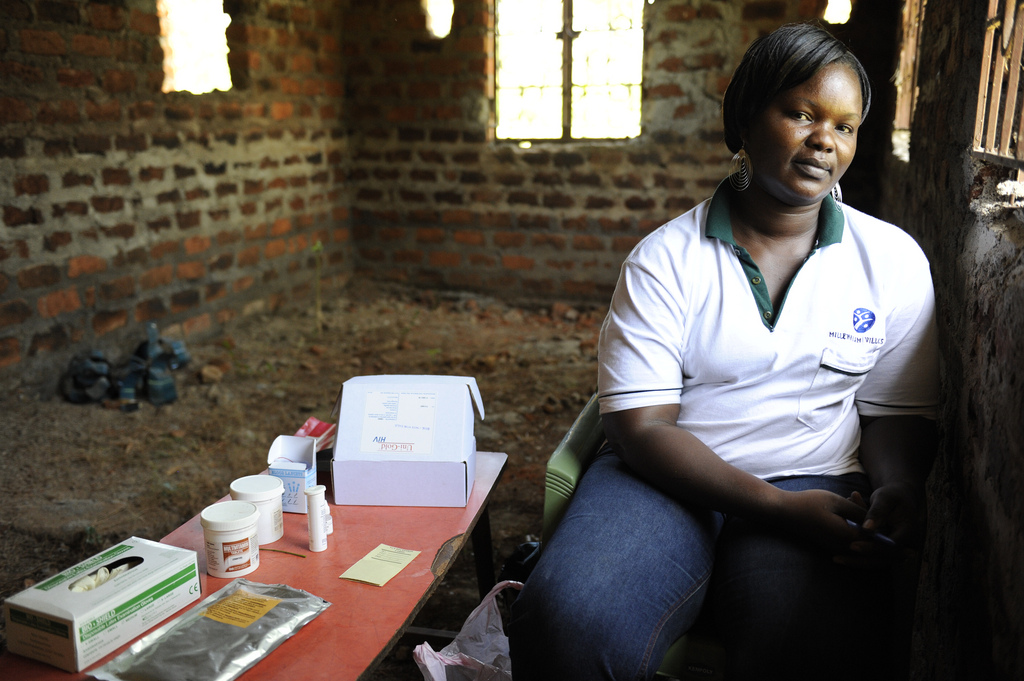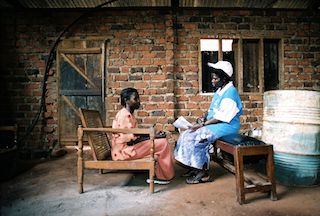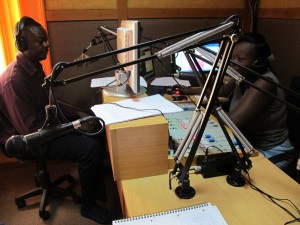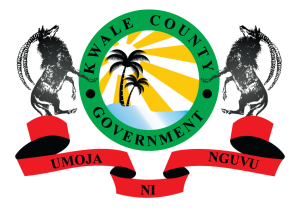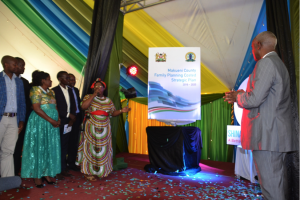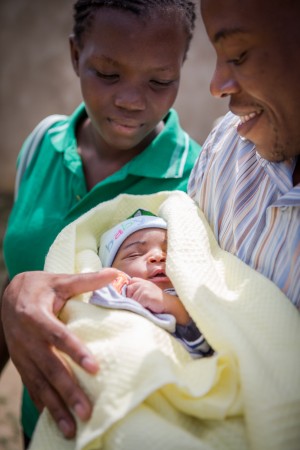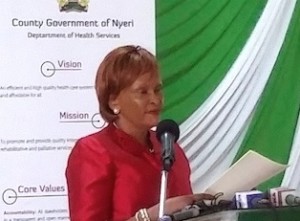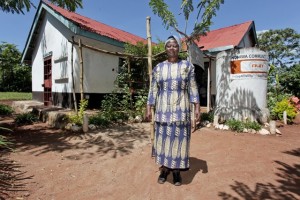View the latest family planning advocacy news from our partners.
In October 2017, Kenya’s Narok County government approved the implementation of a national policy, which allows trained Community Health Volunteers (CHVs) to provide intra-muscular DMPA (DMPA-IM) injectable contraceptives, in addition to pills and condoms.
In October 2016, Tharaka Nithi county in Kenya initiated a tracking mechanism to capture data on community health volunteers’ provision of DMPA injectable contraceptives.
Advance Family Planning local partner Jhpiego Kenya advocated for its establishment so that local leaders could track uptake of the method.
In March, Radio Ramogi in Kenya committed to airing family planning stories once every month to its four million listeners, as part of its role in amplifying women issues.
The Kwale County ministries of health, education, and youth and gender collaborated to develop a new costed action plan to address the growing concern of teenage pregnancy. The plan aims to increase access to family planning information and services for adolescents and teenage girls aged between 10-19 years.
Makueni County Government is starting the year with a newly launched family planning costed implementation plan (2016-2020) in place.
County Governor Professor Kivutha Kibwana presided over the ceremony on December 9, 2016. If fully implemented, Governor Kibwana said that the costed strategy will help the county reach its target of increasing access to modern contraceptives to 72% by the year 2020. Modern contraceptive use in Makueni county is currently 65% (Kenya Demographic and Health Survey 2014.)
Radio Kaya and Radio Ranet in Kwale county, Kenya, have committed to run weekly segments on family planning as a contribution to improving the lives of the people of Kwale. As of October, segments have begun airing, triggering stories across multiple platforms.
Radio Ranet’s station manager, Mr. Hamisi Mwachai, committed to assigning a specific reporter to cover family planning-related issues and have the stories aired during prime time for the next three months.
In April 2016, the Executive arm of Makueni County Government allocated US $200,000 to its 2016/17 budget. This is the first time the county is allocating a specific budget for family planning. Advocacy efforts led by the County First Lady and Advance Family Planning local partner Jhpiego Kenya resulted in this great milestone. Prior to the allocation, family planning programs in Makueni County were supported mainly by non-governmental organizations.
By Angeline Mutunga and Catherine Njeri Ndungu; originally posted by United Nations Foundation as part of the blog series "Her Goals: Our Future," which highlights the connections between girls and women and Sustainable Development Goals.
On August 24, 2015, the Nyeri County Reproductive Health and Family Planning Strategy 2015-2025 was launched. The costed strategy lays out the county's priorities and will be used as an advocacy and resource mobilization tool for implementation.
Advance Family Planning (AFP) partner African Women Leaders Network for Reproductive Health and Family Planning (AWLN) and local partner Nawiri Life Foundation worked closely with the Nyeri County Health Department to develop the plan.
Kitui County in Kenya allocated US $161,529 for family planning in its 2015/16 budget. This is the first time the county has included a specific budget line for family planning.
The governments of Homa Bay County and Busia County in Kenya recently launched costed strategic plans for family planning, a momentous move in addressing local populations’ sexual and reproductive health needs.
The plans provide a framework for prioritizing and budgeting for family planning as well as guidance for organizing, mobilizing resources, and implementing and monitoring family planning programs at the county level.


